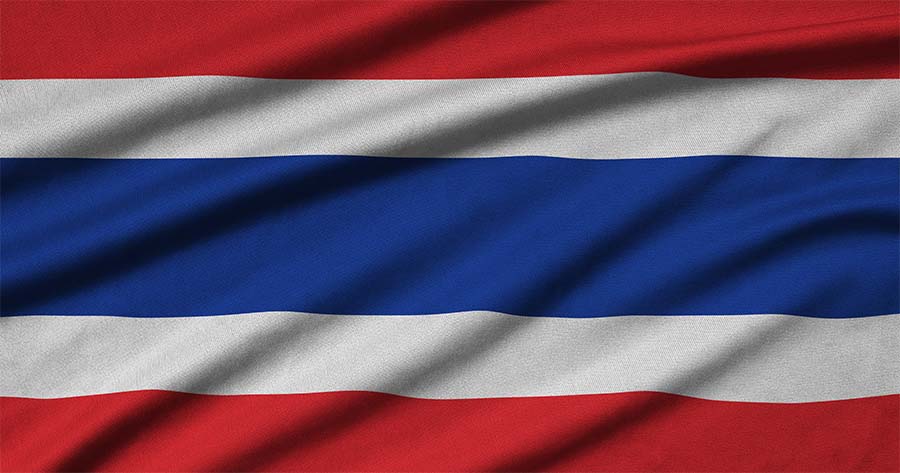Moody’s Ratings has reaffirmed the Government of Thailand’s Baa1 issuer and local currency senior unsecured ratings with a stable outlook. Additionally, Thailand’s foreign currency commercial paper rating has been maintained at P-2.
Moody’s expects Thailand to stabilize its debt burden in the medium term, aligning it with similarly rated peers, albeit at levels higher than pre-pandemic levels. The country’s ability to access domestic capital markets at low costs, favorable debt structure, large and diversified economy, and effective macroeconomic policies support the Baa1 rating. However, challenges such as population aging and tepid investments could impede productivity growth in the near to medium term. Political polarization and associated risks also constrain the rating by hindering significant reforms and fostering uncertainty that deters investment.
The stable outlook indicates balanced risks to Thailand’s credit profile, with the potential for productivity gains from projects like the Eastern Economic Corridor. Conversely, risks loom from delayed fiscal consolidation leading to increased government debt. Deterioration in economic and fiscal strength beyond expectations could also weaken the country’s creditworthiness.
Thailand’s local and foreign currency country ceilings maintain their positions at Aa3 and A1, respectively. The difference reflects a balance between the nation’s external strength and effective institutions against the government’s economic influence and moderate political risks. The slight gap between foreign and local currency ceilings considers Thailand’s history of imposing capital controls, although low external indebtedness and strong policy effectiveness mitigate the risk of transfer restrictions in improbable scenarios.





